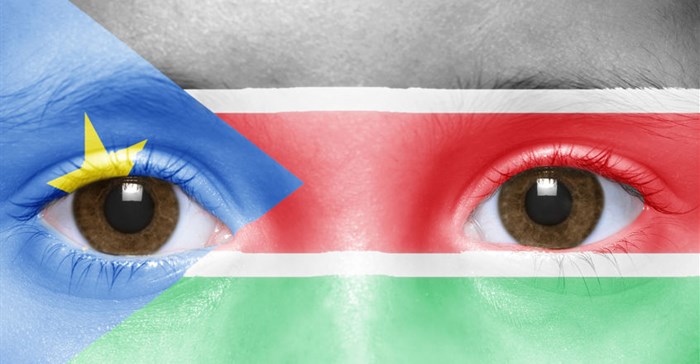South Sudan: Escalating food crisis in 2017, FAO warns

The end of the lean season and start of harvests in South Sudan are traditionally associated with a reduction in food insecurity due to more food stocks and lower food prices in the markets, bringing much needed relief. According to recent FAO assessments, the number of severely food insecure people at this time is 3.7 million people – 31% of the country’s estimated population and an increase of an overall 1 million people compared to the same period last year.
Though harvests have provided some reprieve, FAO experts warn that the benefits will be short lived as local stocks will deplete rapidly. Following seasonal patterns food insecurity levels in 2017 is destined to rapidly deteriorate to massive proportions. The risk of famine is increasingly real, especially for South Sudan’s most vulnerable communities.
“The renewed violence has had severe repercussions on agricultural production and stability needs to be restored to enable farmers to return to their fields. We are seeing an unprecedented number of food insecure people at harvest time and many more people at risk of starvation in the months to come as stocks run out. There is a need to act now to prevent a catastrophe,” warns Serge Tissot, FAO Representative.
The Equatoria region which is responsible for over half of the country’s net cereal production has been severely impacted by the recent violence. In active conflict areas, an estimated 50% of all harvests have been lost and even more farmers were unable to plant for the second season due to insecurity. The displacement of people from those areas is also due to have profound effects on agricultural production, FAO experts warn.
Moreover, of grave concern is the most fragile areas Northern Bahr el Ghazal where the structural drivers of food insecurity - including the protracted economic crisis, market failure and the loss or depletion of livelihood assets - have continued to escalate. FAO’s harvest assessments findings show that farmers in this area have produced less than last year, with some areas being hard-hit by flooding and dry spells, raising their vulnerability. The report highlights Aweil East where sorghum production almost halved, dropping from 0.9 to 0.5 tonnes.
Since the outbreak of fighting in South Sudan’s capital Juba and other parts of the country, cereal prices have increased by more than 500% compared to the same period last year. Trade has been crippled by rampant insecurity along the main trade routes and traders’ inability to access hard currency for imports forcing them to close-down their businesses.
“With the market collapsing and many families having little to no safety nets to cope, we must empower them with the means to produce their own food. With this we want to structurally strengthen their livelihoods and boost their resilience,” explains Tissot, FAO Representative.
During the forthcoming dry season campaign, FAO aims to target 1.2 million people with distributions of vegetable and fishing kits and provision of trainings to farmers on modern farming techniques to increase yields. At the same time, FAO is preparing to meet the country’s greatest needs for the main planting season; this includes the provision of much needed agricultural inputs so that the most vulnerable can produce their own food. For this to happen, the food agency requires US $ 28 million by the end of the year.
Source: African Press Organisation

APO is the sole press release wire in Africa, and the global leader in media relations related to Africa. With headquarters in Dakar, Senegal, APO owns a media database of over 150,000 contacts and the main Africa-related news online community.
Go to: www.bizcommunity.com/PressOffice.aspx?cn=apogroup







